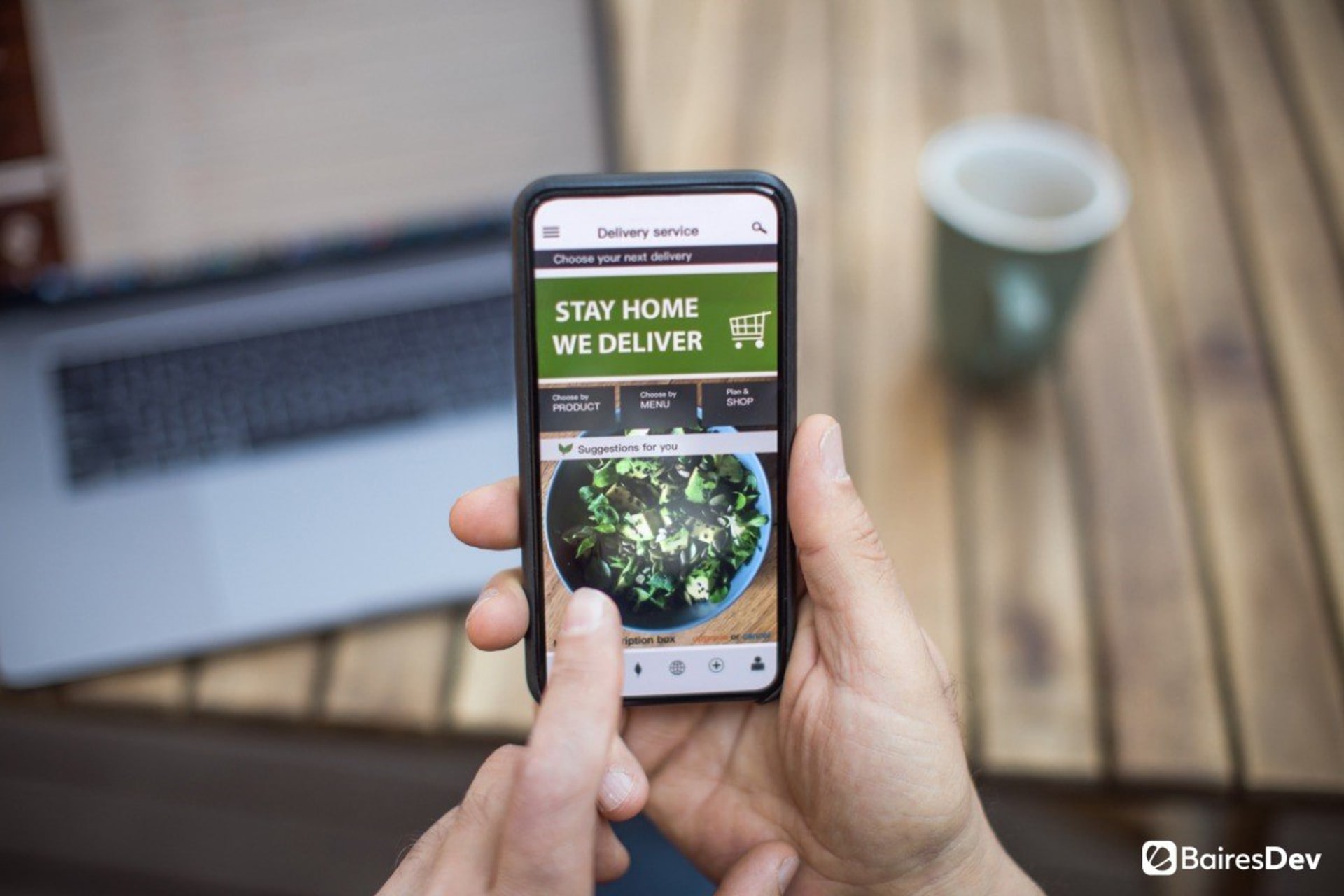Around 80-90% of mobile apps that appear in the app stores lose consumers after just a single use. That’s obviously a sobering statistic for hopeful businesses launching what they want to be the next best app. Of course, that’s far from easy. For every Uber and Instagram, there are hundreds of thousands of competitors that failed.
So, how can you ensure that your app doesn’t become one of the majority that ends up in the failure category? Start by asking yourself these 10 questions.
1. Is Your App Solving a Problem?
The foundation of any great app is pinpointing its purpose. Hopefully, you came up with your idea by identifying a problem. You’ll attract users to your product by demonstrating how it fixes an issue many people are experiencing. For example, dating apps assist people with finding potential matches — the problem, of course, is that they’re having trouble meeting other single people in their area, and the apps streamline the process.
2. Is Your App Unique?
Your app could be solving a problem, but it still might not be necessary if it’s not unique. In order to survive and thrive, it will need to bring something to the table that other apps don’t. If competitors are offering the same features in their products, why should consumers turn to yours instead?
As part of your strategy, determine how you can set your app apart from similar products. What features and fundamentals can you offer to make your app unique?
3. Do You Understand Your Target Audience?
For your app to succeed, you need people to download and use it. That requires understanding your target audience. You should hone in on the users you’re trying to reach early on, as well as their preferences, interests, and needs. This will help you develop a product that appeals to them.
This involves market research. You’ll want to develop personas to consider how different users will interact with your app and what they’re looking for in the product.
4. Have You Assessed Your Budget?
App development can be costly. Before you get started, make sure you hammer out a budget estimation. This will dictate the limitations of your product’s development. Whether you’re using an outside development team or building the app in-house, you need to establish monetary guidelines to understand what you can and can’t do.
This is also an important step if you use a contractor. They will want to know your budget so they can determine the feasibility of the product.
5. Is Your App Easy to Use?
In an effort to design a unique and attractive product, you could end up making it too complex. Above all else, however, you should focus on making sure that your users are able to do what they need to do with your product, hassle-free. Sacrificing a streamlined app experience for fancy, intricate features will result in a poor product — one that nobody actually wants to download or use, because it’s just too complicated.
6. Is Your App Well-Designed?
Hand-in-hand with ease of use is a strong design. This is where a user experience (UX) designer comes in. The UX designer focuses on how the user experiences and interacts with the app. This isn’t limited to visual design — it also involves micro-interactions, such as pressing buttons or viewing animations, along with other elements.
The design of your app can also play a fundamental role in the product’s success. Along with a product that’s easy to use, consumers want an app that offers a compelling, enjoyable, and engaging experience.
7. Has Your App Been Tested?
This is a critical step that’s all too frequently overlooked. You must thoroughly test your app. Dedicated quality assurance (QA) experts should carefully vet your product, identifying as many bugs and defects as they can. In addition to catching bugs, they will also assess important qualities of the product, such as usability, performance, and functionality. This process is extremely important for ensuring you’re putting a high-quality product out — one that’s not riddled with bugs.
8. Have You Differentiated Between Critical Features and “Nice-to-Have” Features?
One mistake businesses new to app development often make is failing to differentiate between the features that are fundamental to the app and those that aren’t necessary but nice to have. If you try to pack too much in, you’ll overwhelm and confuse users, not to mention stretch your budget, possibly beyond its limits.
To avoid falling into this trap, spend some time determining which features are actually foundational and critical to the product itself and which ones you can put aside. It doesn’t have to be forever — just until the base product has proven successful. In a future release, you can add other features.
9. Have You Put Effort into Marketing?
Having a great product is only one part of the battle. You could have the best app in the market, but if no one knows about it, it won’t succeed. Whether you perform it in-house or hire an external team, you need to invest in marketing.
Marketing professionals will generate buzz and hype about your app, making people aware of the product before it launches. Using channels like social media platforms, they’ll get your message out and make prospective users excited about it. Remember to set aside money in your budget for marketing, because you will probably need to invest in paid promotions like Google and Instagram ads.
10. Do You Offer Support?
When your customers run into problems — and they will, no matter how much testing and vetting you’ve done — you need to give them an easy way of solving them. That usually means having top-notch customer support.
You should offer customer support within the app, as well as a frequently asked questions (FAQ) section, a chatbot, or an option to speak with a live specialist in real-time. If your customer support is obscured, difficult to access, or nonexistent, you’re bound to run into problems and end up with dissatisfied consumers, usually resulting in a poor product and brand reputation.
The mobile app development process is tricky, time-consuming, and often frustrating. But you can reduce complications and give your app a chance to thrive. Asking these questions won’t guarantee your app’s success — nothing can — but they will go a long way in helping you solidify your strategy and ensure you’re not making avoidable mistakes.






